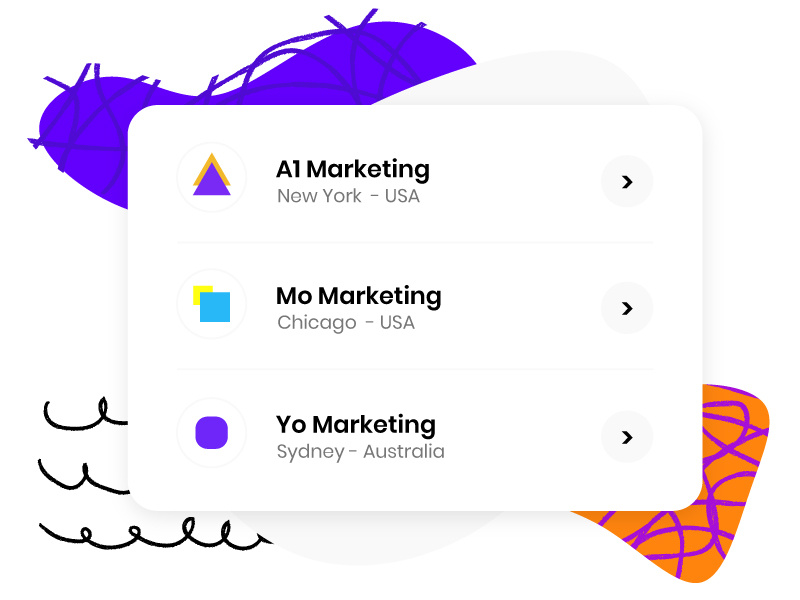
The modern world is rapidly shifting toward digital education, with online courses becoming a cornerstone of career advancement and skill development. However, for individuals with extremely bad credit, accessing the funds needed to enroll in these courses can feel like an insurmountable hurdle. Traditional lenders often turn them away, leaving many to wonder: Is there still a way to secure financing for online education despite a poor credit history?
The answer is yes—extremely bad credit loans exist, and they could be the key to unlocking your future in today’s competitive job market.
The Rise of Online Education and Its Financial Barriers
Online learning platforms like Coursera, Udemy, and edX have democratized education, offering courses from top universities and industry leaders at a fraction of the cost of traditional degrees. Yet, even "affordable" courses can be out of reach for those struggling with financial instability.
Why Bad Credit Makes It Harder
A low credit score (typically below 580) signals to lenders that you’re a high-risk borrower. This can result in:
- Higher interest rates (if you’re approved at all)
- Strict repayment terms
- Limited loan options
For many, this creates a vicious cycle: You need education to improve your career prospects, but you can’t afford education because your career prospects are limited.
How Extremely Bad Credit Loans Work
These specialized loans are designed for borrowers with poor or no credit history. While they come with drawbacks (like higher APRs), they provide an opportunity to invest in yourself when other doors are closed.
Types of Bad Credit Loans for Online Courses
- Personal Installment Loans – Fixed payments over time, often with more flexible terms than payday loans.
- Payday Alternative Loans (PALs) – Offered by some credit unions, these are short-term loans with capped interest rates.
- Peer-to-Peer (P2P) Loans – Borrow directly from investors through platforms like Prosper or LendingClub.
- Secured Loans – Require collateral (e.g., a car or savings account) but may offer better rates.
Where to Find Them
- Online lenders (e.g., Upstart, Avant) often have more lenient credit requirements.
- Credit unions may offer member-focused bad credit options.
- Employer-sponsored programs – Some companies provide tuition reimbursement or low-interest loans for skill-building courses.
The Risks and How to Mitigate Them
Bad credit loans aren’t a perfect solution—they come with pitfalls:
High Interest Rates
A loan with a 30% APR could end up costing far more than the course itself. Tip: Compare multiple lenders and calculate the total repayment amount before committing.
Predatory Lenders
Some companies exploit desperate borrowers with hidden fees or unrealistic terms. Red flags:
- No credit check required (often a sign of a scam)
- Pressure to act immediately
- Vague contract language
Protect yourself: Always read reviews and check for lender accreditation (e.g., Better Business Bureau).
Alternatives to Consider First
Before applying for a high-interest loan, explore:
- Scholarships or grants (many online platforms offer financial aid)
- Income-share agreements (ISAs) – Pay a percentage of future earnings instead of upfront tuition.
- Free or low-cost courses (e.g., Khan Academy, Google Certificates)
Success Stories: When Bad Credit Loans Pay Off
Maria, a single mother with a 520 credit score, used a P2P loan to complete a coding bootcamp. Within a year, she landed a remote developer job—tripling her income and rebuilding her credit.
James, a gig worker, took out a secured loan to earn a digital marketing certification. He now runs his own freelance business and has since qualified for lower-interest financing.
These stories highlight a critical truth: Strategic borrowing can break the cycle of financial stagnation.
The Bigger Picture: Education Debt in a Changing World
The global economy increasingly rewards digital skills, yet systemic barriers (like credit discrimination) leave many behind. While bad credit loans aren’t ideal, they’re a temporary bridge for those excluded from traditional financing.
As online education grows, so should fairer lending practices—because investing in human potential shouldn’t depend on a three-digit number.
For now, if you’re considering an extremely bad credit loan:
- Borrow only what you need
- Have a repayment plan
- Use the education to boost your earning power
Your future self will thank you.
Copyright Statement:
Author: Avant Loans
Link: https://avantloans.github.io/blog/extremely-bad-credit-loans-for-online-courses-5904.htm
Source: Avant Loans
The copyright of this article belongs to the author. Reproduction is not allowed without permission.
Prev:The Truth About 0 Interest Loans in the UK
Next:Payday Loans for Unemployed: How to Negotiate Better Terms
Recommended Blog
- The Truth About 0 Interest Loans in the UK
- Collateral Loans for Medical Expenses
- Where to Find Loans That Actually Approve Everyone
- USDA Loan for New Construction: How It Works
- 7-Year Loans for Luxury Purchases: Yachts, Jewelry & More
- Secured vs. Unsecured Loans in Yukon, OK: Key Differences
- How to Pay Off Discover Student Loans Faster
- Car Loans 101: A Beginner’s Guide to Financing Your Vehicle
- Car Title Loans Miami: What You Need to Know
- The Legal Aspects of Yes Loans: What Borrowers Should Know
Latest Blog
- KCB Loan for Poultry Vaccines: Healthy Flocks
- How to Get a Money Loan for a Personal Project
- Fast Online Loans for Starting a Side Hustle
- How to Compare Student Loan Lenders
- What Documents Do You Need for a Loan in Johnson City, TN?
- How to Avoid Scams When Applying for a $2000 Loan
- No Bank? No Problem! Payday Loans Without Direct Deposit
- How Finio Loans Compare to Other Online Lenders
- The Best Online Lenders for Car Loans in 2024
- The Best Loan Comparison Tools for Loans 4 Less
